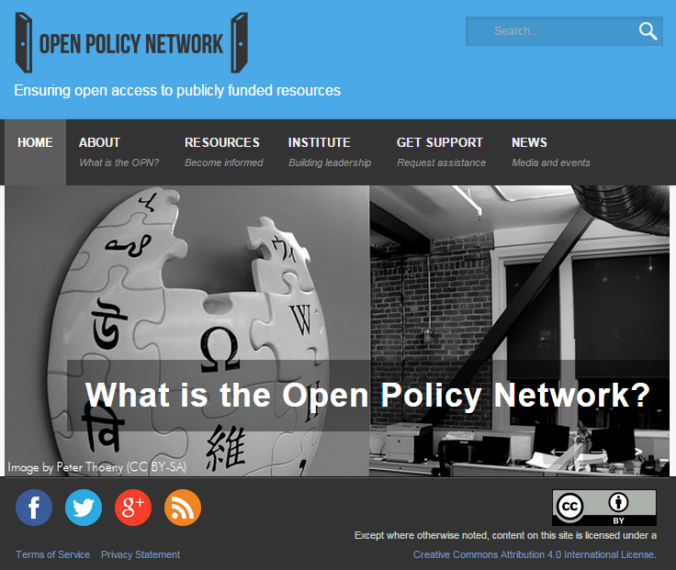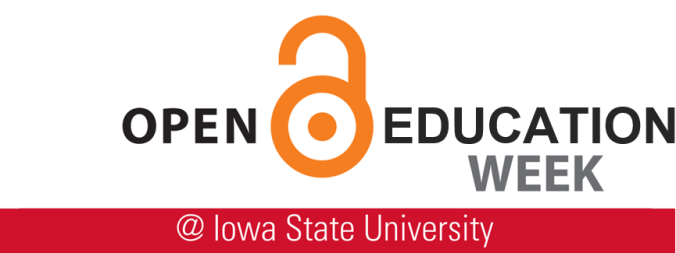This post was originally posted on Scholarly Communications @ Duke on 4 May 2015 and is written by Kevin Smith, J.D. Original post found here: http://blogs.library.duke.edu/scholcomm/2015/05/04/stepping-back-from-sharing/
The announcement from Elsevier about its new policies regarding author rights was a masterpiece of doublespeak, proclaiming that the company was “unleashing the power of sharing” while in fact tying up sharing in as many leashes as they could. This is a retreat from open access, and it needs to be called out for what it is.
For context, since 2004 Elsevier has allowed authors to self-archive the final accepted manuscripts of their articles in an institutional repository without delay. In 2012 they added a foolish and forgettable attempt to punish institutions that adopted an open access policy by purporting to revoke self-archiving rights from authors at such institutions. This was a vain effort to undermine OA policies; clearly Elsevier was hoping that their sanctions would discourage adoption. This did not prove to be the case. Faculty authors continued to vote for green open access as the default policy for scholarship. In just a week at the end of last month the University of North Carolina, Chapel Hill, Penn State, and Dartmouth all adopted such policies.
Attempting to catch up to reality, Elsevier announced last week that it was doing away with its punitive restriction that applied only to authors whose institutions had the temerity to support open access. They now call that policy “complex” — it was really just ambiguous and unenforceable — and assert that they are “simplifying” matters for Elsevier authors. In reality they are simply punishing any authors who are foolish enough to publish under these terms.
Two major features of this retreat from openness need to be highlighted. First, it imposes an embargo of at least one year on all self-archiving of final authors’ manuscripts, and those embargoes can be as long as four years. Second, when the time finally does roll around when an author can make her own work available through an institutional repository, Elsevier now dictates how that access is to be controlled, mandating the most restrictive form of Creative Commons license, the CC-BY-NC-ND license for all green open access.
These embargoes are the principal feature of this new policy, and they are both complicated and draconian. Far from making life simpler for authors, they now must navigate through several web pages to finally find the list of different embargo periods. The list itself is 50 pages long, since each journal has its own embargo, but an effort to greatly extend the default expectation is obvious. Many U.S. and European journals have embargoes of 24, 36 and even 48 months. There are lots of 12 month embargoes, and one suspects that that delay is imposed because those journals that are deposited in PubMed Central, for which 12 months is the maximum embargo permitted. Now that maximum embargo is also being imposed on individual authors. For many others an even longer embargo, which is entirely unsupported by any evidence that it is needed to maintain journal viability, is now the rule. And there is a handful of journals, all from Latin America, Africa, and the Middle East, as far as I can see, where no embargo is imposed; I wonder if that is the result of country-specific rules or simply a cynical calculation of the actual frequency of self-archiving from those journals.
The other effort to micromanage self-archiving in this new policy is the requirement that all authors who persevere and wish, after the embargo period, to deposit their final manuscript in a repository, must apply a non-commercial and no derivative works limitation on the license for each article. This, of course, further limits the usefulness of these articles for real sharing and scholarly advancement. It is one more way in which the new policy is exactly a reverse of what Elsevier calls it; it is a retreat from sharing and an effort to hamstring the movement toward more open scholarship.
The rapid growth of open access policies at U.S. institutions and around the world suggests that more and more scholarly authors want to make their work as accessible as possible. Elsevier is pushing hard in the opposite direction, trying to delay and restrict scholarly sharing as much as they can. It seems clear that they are hoping to control the terms of such sharing, in order to both restrict it putative impact on their business model and ultimately to turn it to their profit, if possible. This latter goal may be a bigger threat to open access than the details of embargoes and licenses are. In any case, it is time, I believe, to look again at the boycott of Elsevier that was undertaken by many scholarly authors a few years ago; with this new salvo fired against the values of open scholarship, it is even more impossible to imagine a responsible author deciding to publish with Elsevier.
– See more at: http://blogs.library.duke.edu/scholcomm/2015/05/04/stepping-back-from-sharing/#sthash.xBg598jC.dpuf

